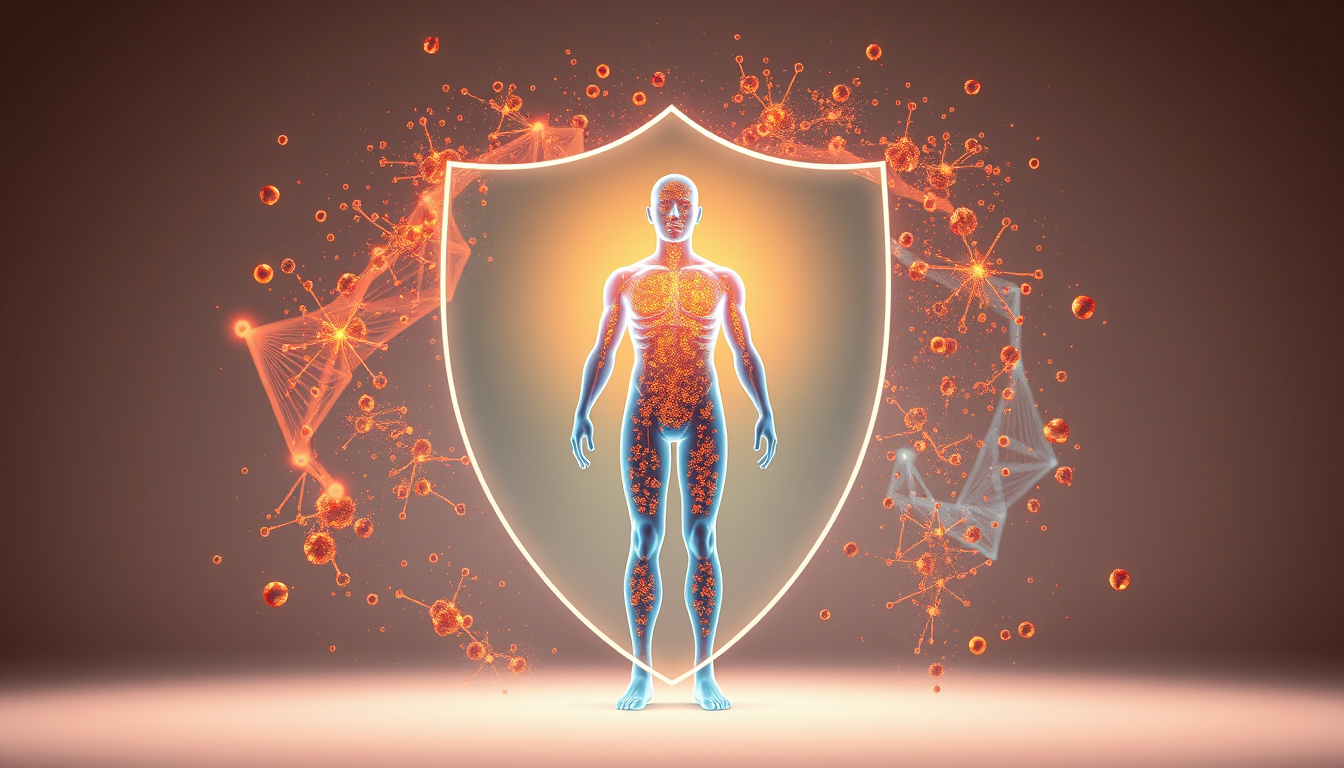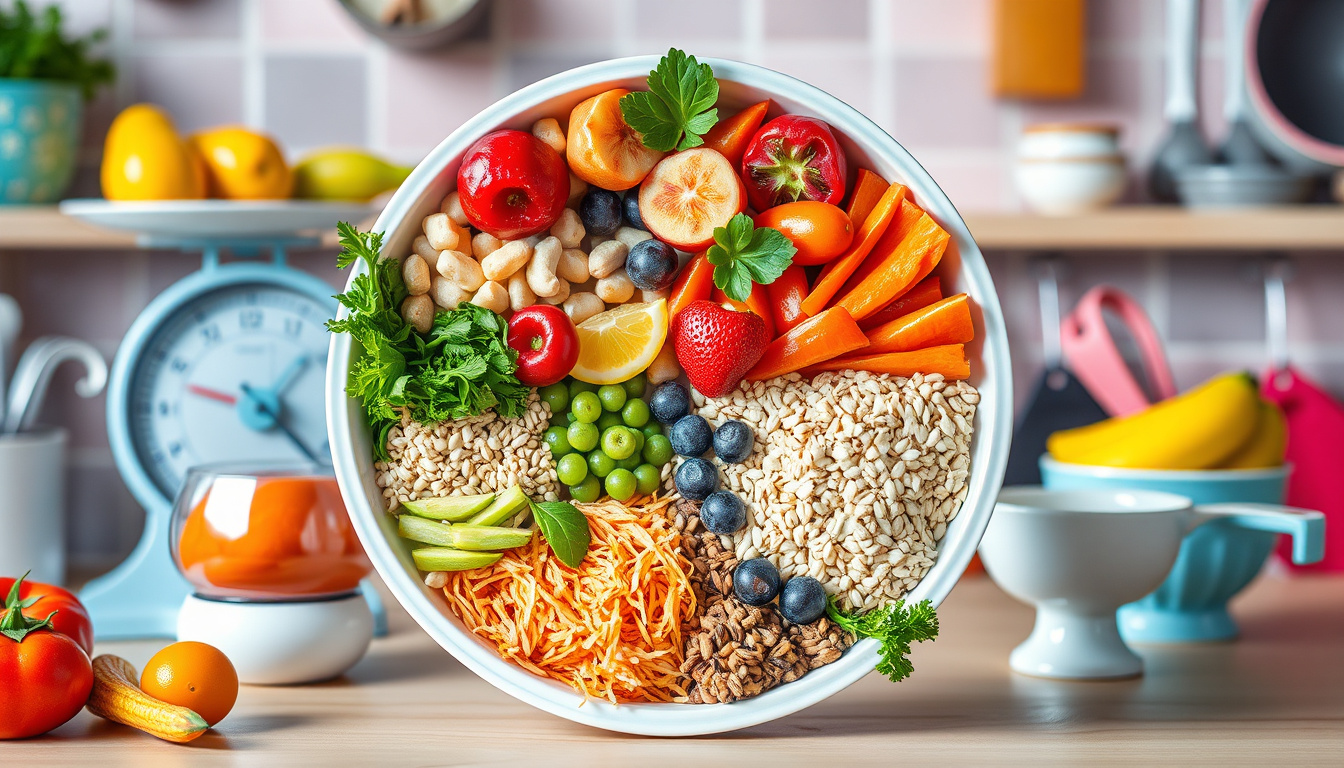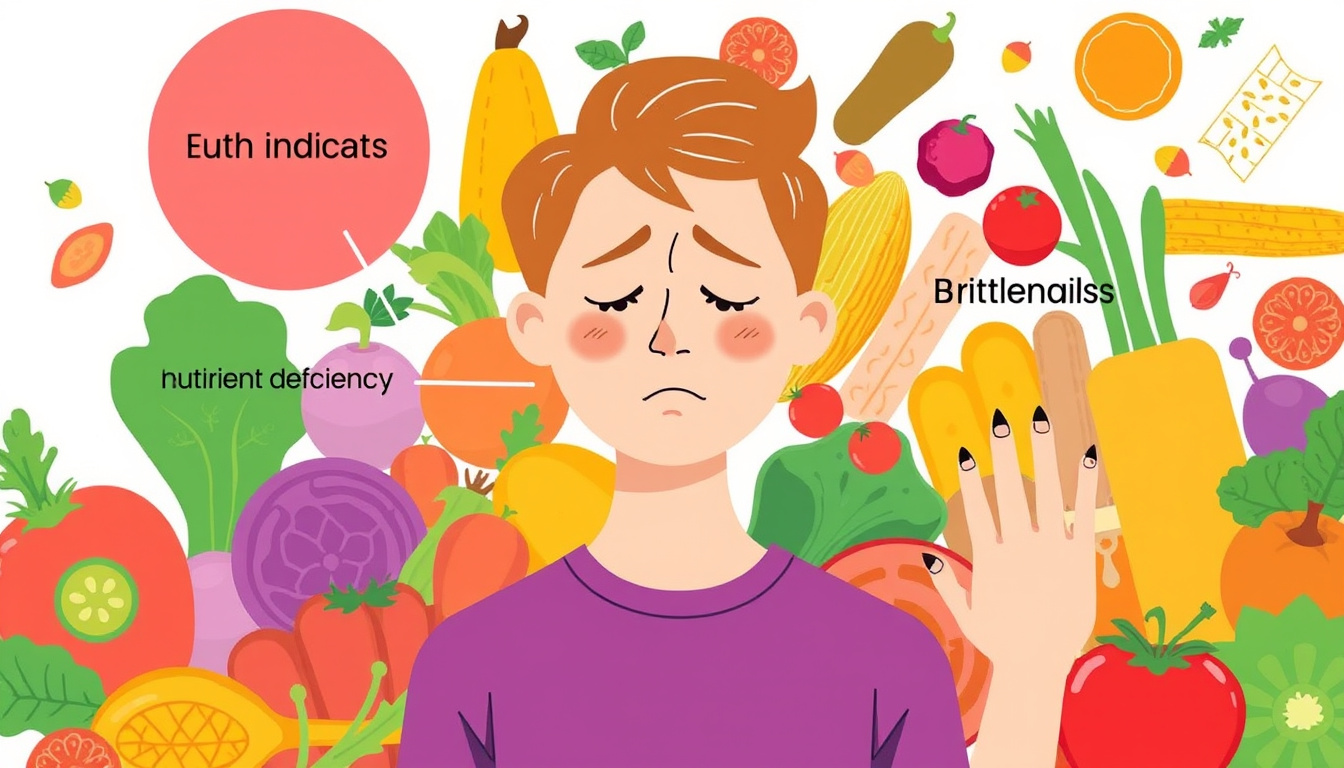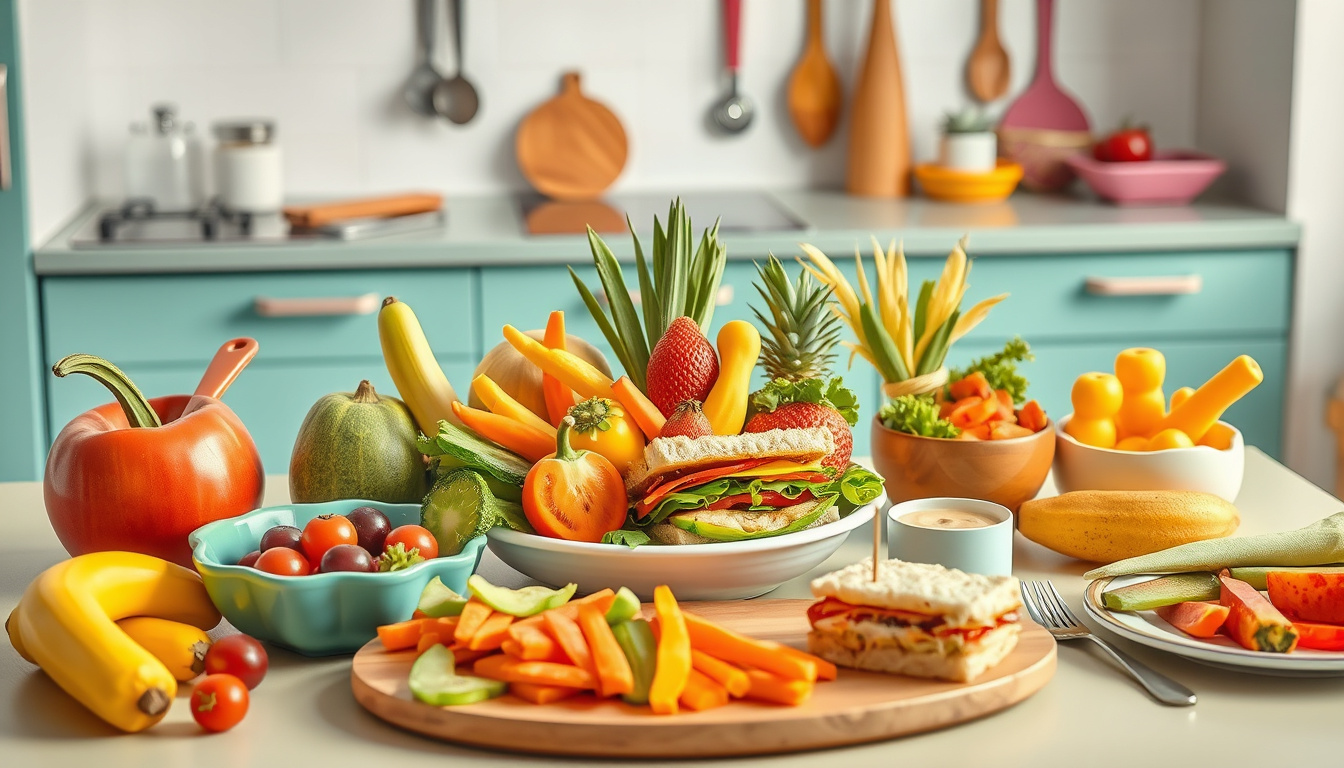In today’s world, health matters. Antioxidants become key nutrients. They boost well-being and fight disease. Knowing antioxidants helps you choose food that aids a long, healthy life.
What Are Antioxidants?
Antioxidants are natural compounds. They come from fruits, vegetables, nuts, and grains. These compounds stop free radicals. Free radicals, which come from normal body work, pollution, UV light, and smoke, may hurt cells and DNA. When they build up, cells face damage. This damage links to aging and many long-lasting diseases like heart problems, cancer, and brain disorders.
The Role of Antioxidants in Your Body
Antioxidants guard the body. They give electrons to free radicals and calm them. This close action stops a chain reaction that harms cells and tissues.
Types of Antioxidants
Antioxidants come in different forms. Each form keeps health in check:
- Endogenous antioxidants: The body makes them. Glutathione, superoxide dismutase, and catalase work inside you.
- Exogenous antioxidants: Your food gives them to you. Vitamins C and E, beta-carotene, selenium, and plant chemicals like flavonoids and polyphenols come to you when you eat well.
How Antioxidants Boost Your Health
A diet that includes antioxidants brings several benefits:
- They lower cell stress. Free radicals get neutralized as you eat antioxidant-rich food.
- They shrink the risk of chronic diseases. Studies show that foods with antioxidants link to fewer heart issues, some cancers, and brain problems.
- They back up the immune system. Vitamins C and E help your body fight infections.
- They improve skin health. Vitamin C in foods supports collagen to keep your skin firm.
- They support eye health. Carotenoids like lutein and zeaxanthin guard your eyes from damage.
Top Food Sources Rich in Antioxidants
Add these foods to your meals:
- Berries: Blueberries, strawberries, and raspberries fill you with anthocyanins and vitamin C.
- Dark Leafy Greens: Spinach, kale, and collard greens hold lutein, zeaxanthin, and important vitamins.
- Nuts and Seeds: Almonds, walnuts, and sunflower seeds give vitamin E and selenium.
- Fruits: Oranges, kiwi, mangoes, and grapes supply vitamin C and other plant compounds.
- Dark Chocolate: Good dark chocolate brims with flavonoids.
- Legumes: Beans and lentils serve polyphenols and antioxidants.
- Whole Grains: Oats, quinoa, and brown rice offer many bioactive ingredients.
How Much Do You Need?
No official number exists for antioxidant use. Eating a varied mix of fruits and vegetables works well. Studies say five servings of fruits and vegetables each day help. This mix gives your body the antioxidants it needs.
Lifestyle Tips to Maximize Antioxidant Benefits
• Eat different colors of plants with meals.
• Cut down on processed food and excess sugars.
• Skip smoking and limit alcohol use.
• Move your body with regular exercise.
• Calm your mind with mindfulness or meditation; stress can raise free radicals.
Potential Risks of Excessive Antioxidant Intake
Antioxidants help, but too many supplements may hurt you. High doses might disturb natural cell work and may even start damage themselves. It is best to get antioxidants from whole foods unless a health worker tells you otherwise.
Summary of Key Points
• Antioxidants help stop the stress caused by free radicals.
• They lower disease risk and keep you well.
• Foods like berries, leafy greens, nuts, and dark chocolate give you these compounds.
• A mix of different foods works better than many supplements.
Frequently Asked Questions About Antioxidants
Q1: What are the best sources of antioxidants for a healthy diet?
A1: Colorful fruits like berries and oranges, vegetables like spinach and kale, nuts, seeds, dark chocolate, and whole grains are the best. They provide many plant compounds and vitamins.
Q2: Can antioxidants prevent or cure diseases?
A2: Antioxidants lower the risk of some diseases and help overall health. They slow damage but do not cure illnesses. They work best when part of a healthy lifestyle.
Q3: Are antioxidant supplements necessary for good health?
A3: Most people get enough antioxidants from a balanced diet. In some cases, supplements might be needed, but a health worker should guide you.
External Authority on Antioxidants
The National Institutes of Health state that a diet full of fruits and vegetables, which bring natural antioxidants, helps lower the risk of many long-lasting diseases by reducing body stress. This view stresses the power of smart food choices.
Conclusion
Antioxidants work as friends that guard your body against cell damage. A diet full of colorful and healthy foods brings you these benefits. Keep your diet varied and balanced to enjoy the good results for your body. Start today—your body will thank you!




